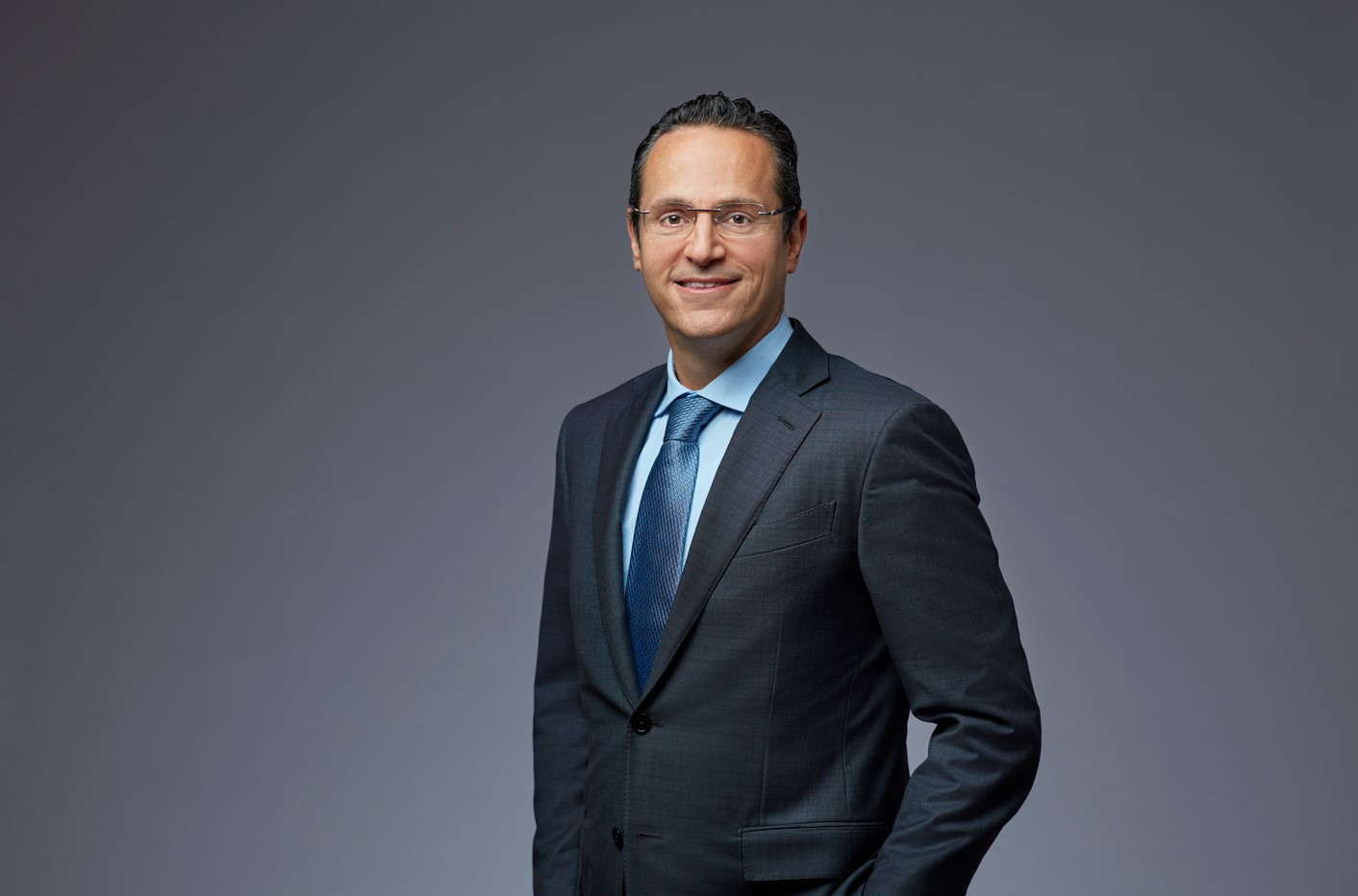LNG giant Shell said it will increase its dividend and share buybacks while maintaining leadership in the global liquefied natural gas market.
Shell said in a statement on Wednesday it will update investors in New York later during the day on its strategy to “create more value with less emissions, and deliver increased shareholder returns through a balanced energy transition.”
“We are investing to provide the secure energy customers need today and for a long time to come, while transforming Shell to win in a low-carbon future,” Shell’s CEO Wael Sawan, who replaced Ben van Beurden on January 1 this year, said.
“Performance, discipline, and simplification will be our guiding principles as we allocate capital to enhance shareholder distributions, while enabling the energy transition,” he said.
15 percent increase in dividend, capital spending reduced
According to Shell, an enhanced focus on performance and stronger capital and cost discipline will underpin higher shareholder distributions of 30-40 percent of CFFO through the cycle, compared with 20-30 percent previously, through a combination of dividends and share buybacks.
Shell will raise the dividend per share by an expected 15 percent, effective from the second quarter 2023 interim dividend, payable in September,
Also, the UK-based firm said it will start share buybacks of at least $5 billion for the second half of 2023, subject to board approval.
Shell said that it will also reduce capital spending to $22-25 billion per year for 2024 and 2025.
The firm said that annual operating cost will also be structurally reduced by $2-3 billion by end 2025.
LNG leadership
Shell also confirmed it will grow its leading integrated gas business and maintain leadership in the LNG market.
The company sold 16.97 million tonnes of LNG in the January-March period, a drop when compared to 18.29 million tonnes in the same period last year. Sales rose by 1 percent compared to 16.82 million tonnes in the prior quarter.
Liquefaction volumes dropped by 10.1 percent year-on-year to 7.19 million tonnes in the first quarter.
Besides LNG, Shell said it will extend its advantaged position in upstream to achieve cash flow longevity by stabilizing liquids production to 2030.
Emissions
Shell said it is making “good progress” towards its target to become a net-zero emissions energy business by 2050, by reducing emissions from its operations, and from the fuels and other energy products it sells to customers.
The firm said it will continue to make progress by aiming to achieve near-zero methane emissions by 2030 and to eliminate routine flaring from its upstream operations by 2025.
Also, the firm is planning to invest $10-15 billion across 2023 to 2025 to support the development of low-carbon energy solutions including biofuels, hydrogen, electric vehicle charging, and CCS.
“We need to continue to create profitable business models that can be scaled at pace to truly impact the decarbonization of the global energy system. We will invest in the models that work – those with the highest returns that play to our strengths,” Sawan said.

